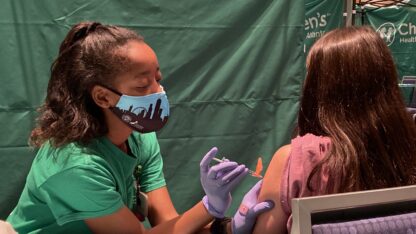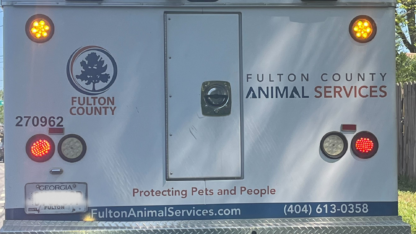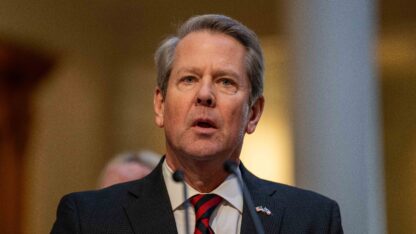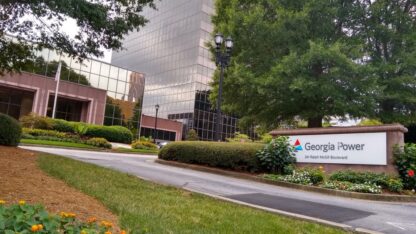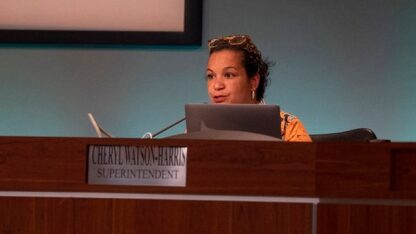For Teachers, Starting The School Year Remotely Poses New Challenges
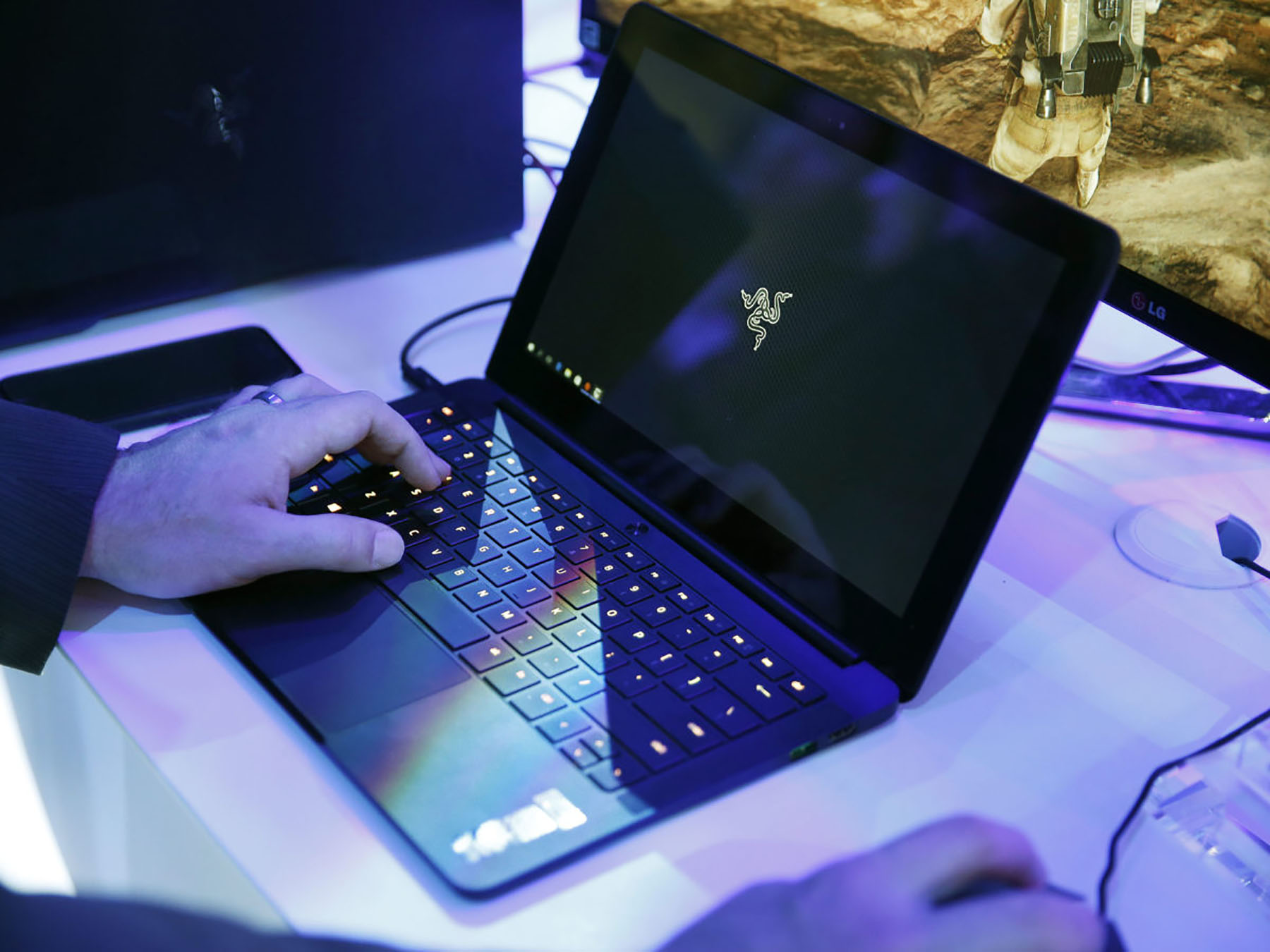
The analysis used test data from three Atlanta school districts to determine where students are versus where they would be had the pandemic not happened.
Associated Press
When schools shifted abruptly to remote learning last spring, teachers had to adjust quickly. Now, teachers in districts that will open remotely Monday, like Fulton, DeKalb, and Cobb counties, the Marietta City Schools and the City Schools of Decatur, have had some time to prepare to teach virtually. Still, some teachers in those districts say starting the year online just isn’t the same.
Connecting Virtually
The DeKalb County School District announced in July it would begin the school year remotely since COVID-19 cases were high in the county. The district, like several others, spent millions of dollars on Google Chromebooks and wifi hotspots for students with limited or no internet access. However, at an August board meeting, DeKalb Superintendent Cheryl Watson-Harris said all of the devices won’t arrive by the time school starts Aug. 17.
Debra Mines is a reading specialist in DeKalb. She says ensuring students have access should be the top priority for all school districts.
“We might as well face the facts that we need to prepare for being online,” Mines says. “The children need to be prepared. So how do you prepare? You get them you get a computer. Each child needs a computer…and some children still don’t have them.”
If students are able to log on, there’s also the question of how to deliver instruction for a class of 25-30 students. Laurie Carroll teaches math to seventh graders with special needs in Fulton County. She’s used to closely monitoring her students so she can know who needs help. It’s harder to do that remotely, she says.
“How can I as a teacher know that they are actually understanding the concept and are they able to master it?” Carroll says. “I’ve never been trained to think of anything other than being with the students in the room.”
It’s easier to tell if her students are struggling if she’s in the room with them, Carroll says.
“[Sometimes] we need to go back a couple steps, think of another way of, ‘How can I explain how to do this to this child?’” she says. “In a virtual world, it’s not as easy to do as it is when I’m working one-on-one with them at their desks.”
Even though they’re teaching remotely, Fulton teachers have to report to their classrooms every day. Some teachers have petitioned the district to change that policy. Carroll is fine with teaching from her classroom. However, she’s worried about the district’s plan to phase-in face-to-face learning after Labor Day, depending on Covid-19 conditions in the county.
“I do have many students whose guardians are their grandparents, and many of them have medical conditions,” she says. “I’m just fearful of them taking it home.”
The Human Connection
Of course, the personal connection teachers and students usually form at the beginning of the year will be different this year.
“When we finished out last year, I knew my kids…they’ve had experience with different platforms that we’ve used,” says Daniel Sobczak, a ninth-grade social studies teacher at South DeKalb High School. “The beginning of the year is a whole different ballgame, though, because I don’t know my students yet.”
Sobczak says DeKalb made the right decision when it chose to start the year online, but he’s still worried about his students who may not show up the first day.
“Right now my biggest concern with starting the year this way is first off making sure that all the students have access to come to class,” he says.
He wants to ensure a smooth start to the school year and make sure his students learn as much as possible until it’s safe to resume in-person classes.
“[Teachers] want to go back we really do…but we don’t want to go back in an unsafe situation,” Sobczak says. “We don’t want to put our own families at risk. My parents live with me. They’re in their 60s. I don’t want to bring something home to them. We want to be assured that when we do go back is safe for everybody–for ourselves for our students, for our families for the community so that we don’t have people getting sick and losing a life over this.”
